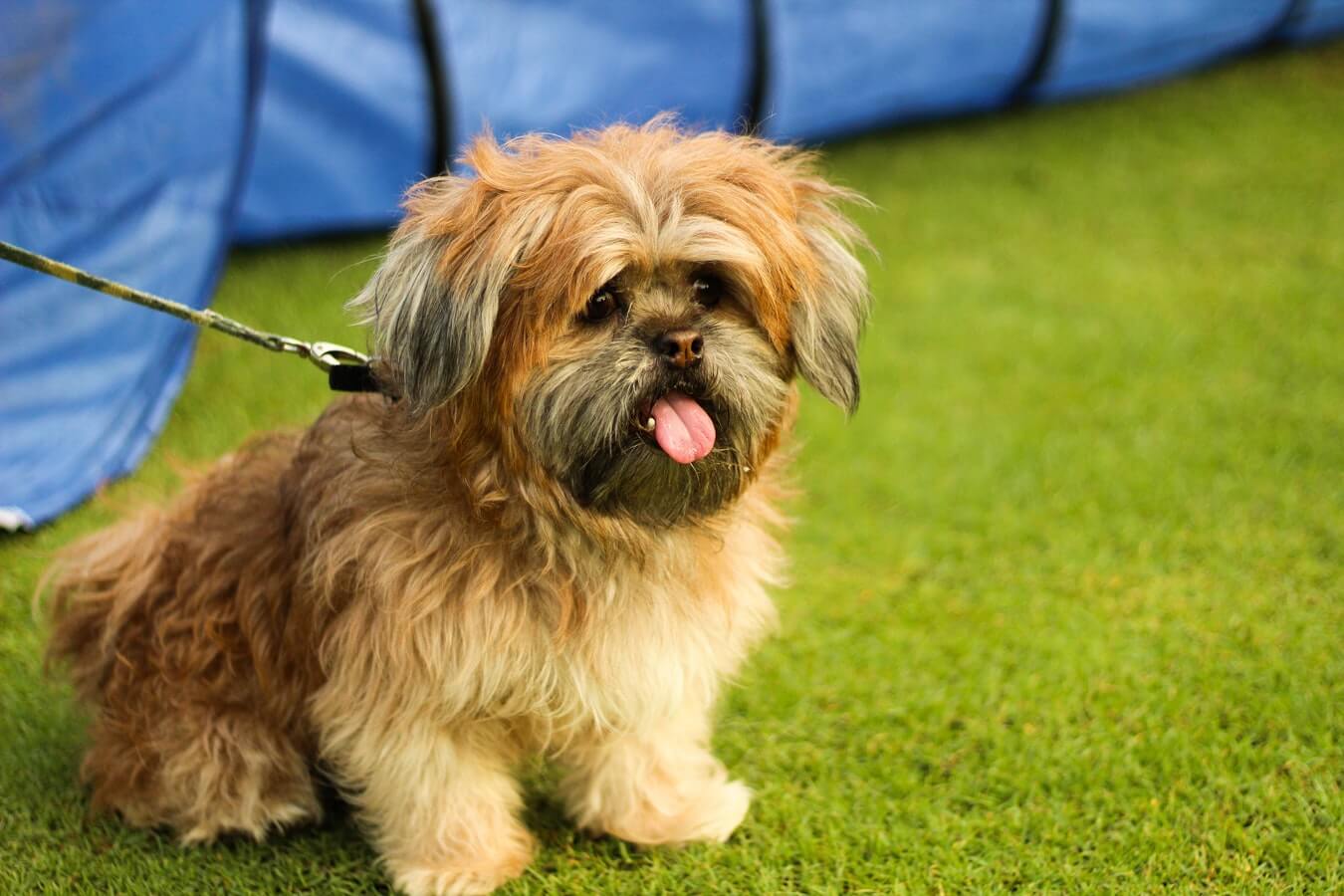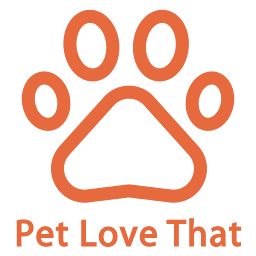
If you own both cats and dogs, you may have come home one day to find your dog face-first in the cat’s litter box, helping himself to a meal of cat feces. Gross? Absolutely. Unusual? Not really. Every dog owner will come across this bizarre behavior, especially if his or her furry pets are sharing the same space. Let’s take a look at why dogs eat cat poop, and what you can do to prevent it.
Table of Contents
Why Do They Do It?
As this is typical behavior that is repulsive to humans and, let’s face it, hard to understand, many animal experts have weighed in on the subject.
The common consensus is that it is perfectly natural. Don’t worry, your dog isn’t crazy, and definitely isn’t acting out. Pet experts assure us that while it is a little disgusting, there’s no reason to rush your dog to the vet. Not just yet, anyway.
Experts’ Point Of View
Arden Moore, a certified dog and cat behaviorist with the International Association of Animal Behavior Consultants, notes that dogs don’t have the same aversion to poop as humans do. In fact, he wagers that dogs may actually enjoy the taste of feces.
The Merck Veterinary Manual offers another opinion. According to them, dogs are attracted to the smell of poop as a part of their exploratory nature. As dogs are natural scavengers, this is the same reason for why they are drawn to trash, compost, and road kill. It’s not necessarily because they think that these will make tasty treats. Their scavenging nature simply makes them curious, and their foraging in your cat’s litter box is no exception.
Veterinary professional and author Dr. Katheryn Primm notes that they are probably also drawn to the unprocessed meats that remain in cat poop. Cats are carnivores. In fact, as obligate hyper-carnivores, they literally need meat to survive.
Therefore, their digestive tracts work a little differently to herbivores and omnivores. They have a harder time digesting certain things, in particular, carbohydrates. Your dog might smell the undigested food in your cat’s feces and assume that it’s food. After all, if it smells like food, why wouldn’t it be?
It’s Not Actually That Weird
This poop-eating behavior, also known as coprophagia, isn’t just seen in domesticated dog species. Wild animals such as wolves and foxes also have this scavenging tendency. We may draw the conclusion that they are genetically disposed to derive nutrients from any source possible. This they do to ensure their continued survival.
Naturally, we expect that your dog has a regular food source (you) and doesn’t need to scavenge for its survival. However, unlike its wild cousins, he still has the scavenging DNA in him.
This gives him the urge to dig into poop like he’s starving and it’s the only available option. He just can’t help himself. So, don’t worry. He was born this way. This doesn’t mean that he can’t be trained out of this bad habit, though. Living with a dog with perpetual cat poop breath isn’t fun, not to mention the possible effects it may have on his health.
Nutrient Deficiency
Dr. Primm warns that eating cat poop may also be a sign that your dog is suffering from vitamin deficiency. This drives him to search for other sources of vitamins and nutrients to supplement his diet.
One way to curb your dog’s trips to the litter box could be to ensure that you give him a well-balanced diet with the vitamins he needs to stay happy and healthy.
Harmful Effects of Coprophagia
The American Veterinary-Society of Animal-Behavior did a study in 2012 on this poop-eating behavior. According to the results, it directly reflects an ancient ancestral instinct to protect the pack from the bacteria and other harmful pathogens found in poop. If an animal came into their den and pooped, for example, the first reaction would have been to eat the poop to prevent the spread of disease to the whole pack.
And yes, poop is chock full of harmful living things like worms, bacteria, and parasites. Indeed, that’s one reason why you should discourage your dog from engaging in coprophagia. Even though internal parasites may not affect your cat’s health, that doesn’t mean they’re not there. There are various internal parasites found in the digestive tracts of cats. Dogs can easily contract these parasites by eating the cat’s poop.
Dr. Jennifer Coates cautions that a disease-causing bacteria such as Salmonella can often be found in cat poop. She also adds that it can make your dog very sick if he is exposed to large doses. Again, cats can be asymptomatic carriers of disease. This means that even if it doesn’t affect them, they can still pass on pathogens through their poop. And when they do that, the disease can negatively impact others.
Curbing Your Dog’s Poop-Eating Behavior
Keeping your dog away from cat poop may not be easy, especially if it’s become a bad habit. Sophia Yin, a respected animal behaviorist, admits that it’s difficult to train your dog to stop viewing the litter box as a treat factory is next to impossible. Unfortunately, once your dog learns that he can find poop in the box, he won’t be able to stay away.
One step to preventing poop-eating behavior is to invest in a litter box with a closed top. This is also known as dog-proofing the litter box. Dog-proofed litter boxes are widely available in pet stores, both local and online.
Experts also recommend that you choose a spot for the litter box that is difficult for your dog to access. If your dog can’t reach it, it will discourage him from future poop-scavenging adventures. Putting the litter box up high is one option. Cats are much more acrobatic and can reach spots that dogs can’t. Make sure that the spot you choose isn’t too uncomfortable for your cat, though. You still want to offer them a place to do their business safely.
Choosing a room that can be closed off such as the bathroom or toilet can be a significant deterrent. Unless your dog knows how to turn doorknobs, the door should be able to keep him out and away from the litter box. The less accessible, the better.
You may want to try emptying your cat’s litter box as often as possible. However, this will prove to be very difficult unless you are always available to clean up right after your cat does its business.
Conclusion
In conclusion, if your dog is eating poop, it’s no cause for alarm. However, you’ll probably want to discourage him from doing it, anyway. There are no harmful effects, it’s just plain gross.
You May Also Interested In:
Share this:
- Click to share on Twitter (Opens in new window)
- Click to share on Facebook (Opens in new window)
- Click to share on Tumblr (Opens in new window)
- Click to share on Pinterest (Opens in new window)
- Click to share on Reddit (Opens in new window)
- Click to share on Telegram (Opens in new window)
- Click to share on WhatsApp (Opens in new window)
- Click to print (Opens in new window)
